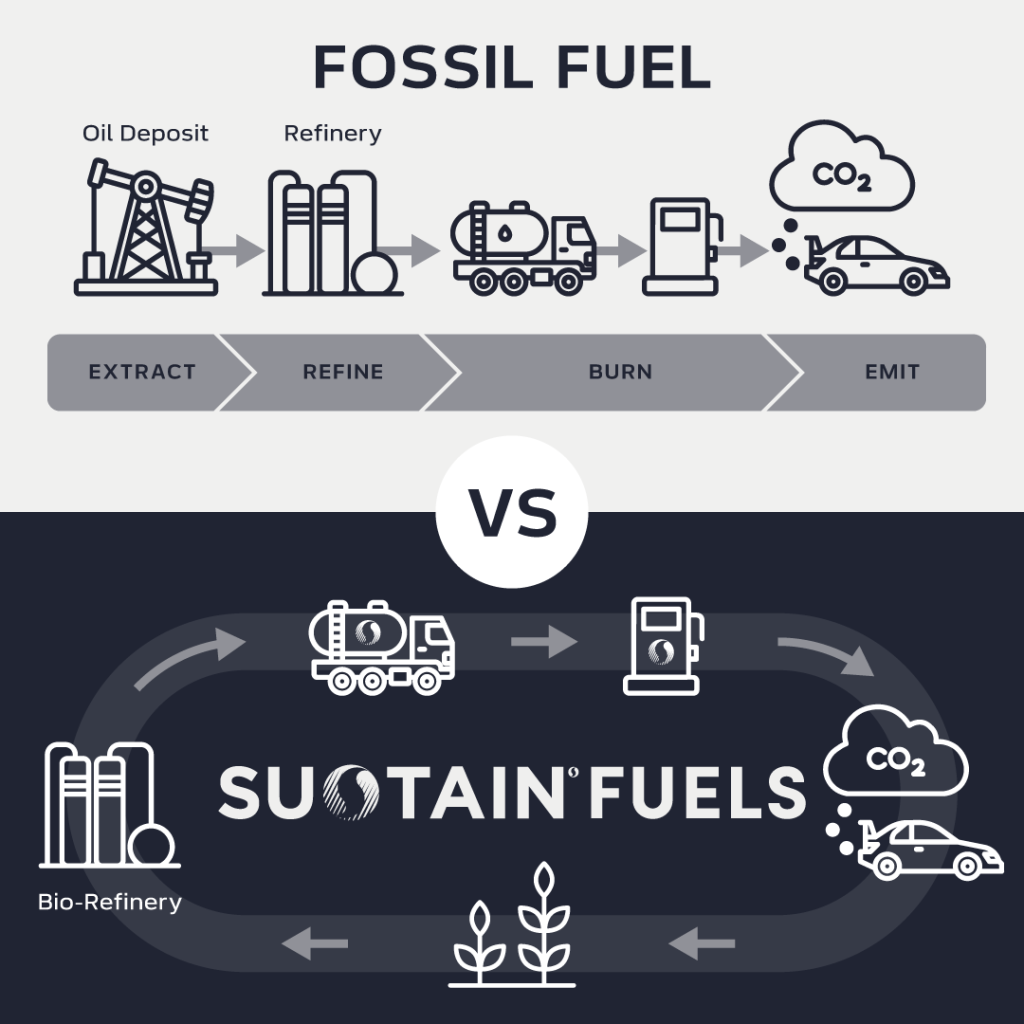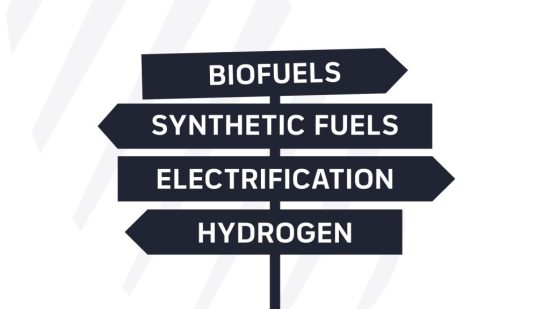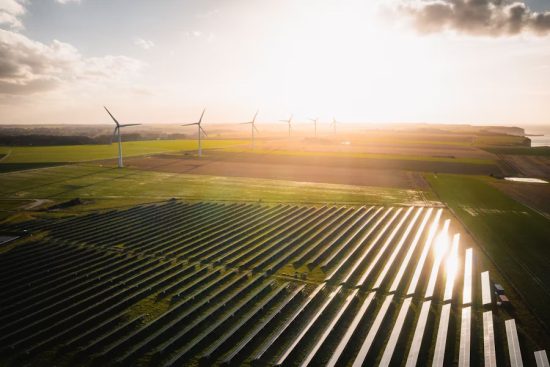‘Sustainable fuel’ is the collective term used for all types of sustainable fuel and there are three main categories.
01 – BIOFUELS
Made by fermentation of plant-based material, hydrotreatment or esterification of plant-based oils.
• 1st generation: use crops as source of biomass
• 2nd generation: use waste as source of biomass
• 3rd generation: use microorganisms as source of biomass
02 – SYNTHETIC FUELS
The set of hydrocarbon fuels made using CO, CO2 and hydrogen via syngas and Fischer-Tropsch type processes.
• CO/CO2 sourced from industrial processes, biomass or direct air capture
• Hydrogen source is critical
03 – RECYCLED CARBON FUELS
Recycled carbon fuels (RCFs) are fuels produced from fossil wastes that cannot be avoided, reused or recycled.
Feedstocks include industrial waste gases and the fossil-derived fraction of municipal solid waste (e.g. non-recyclable plastic).
The SUSTAIN Classic fuel range are second-generation biofuels. This means they are made by fermentation of plant-based material, hydrotreatment or esterification of plant-based oils. Using waste that is not suitable for human consumption as the source of biomass.
But whats the difference between regular forecourt petrol and SUSTAIN classic?
As demonstrated by the diagram below forecourt petrol extract the fossil deposits and introduce new carbon when burned into the atmosphere. Whereas with SUSTAIN classic fuel the sustainable content absorbs and extracts the CO2 from the atmosphere. This means that when this is processed into biofuel and burned from the exhaust into the atmosphere, that same carbon is being released, and the cycle repeats.

Your sustainable fuel questions, answered.
What makes a fuel ‘sustainable’?
A fuel is considered ‘sustainable’ if it effectively recycles the carbon while meeting certain criteria that collectively ensure it has a minimal or positive impact on the environment, society, and economy over its entire lifecycle.
How do sustainable fuels differ from fossil fuels?
Fossil fuels are derived from organic matter formed over millions of years which are extracted and causes new CO2 to be released and introduced into the atmosphere when burned. Whereas for sustainable fuels they are derived from renewable sources like plants, animal waste, or water.
Sustainable fuels are replenishable over a short period, whereas fossil fuels are non-renewable and deplete over time. Meaning the production and use of sustainable fuels are usually less harmful to the environment compared to extracting and burning fossil fuels and not introducing any extra carbon into the atmosphere.
How can sustainable fuels contribute to energy security?
By reducing our dependence on imported fossil fuels, sustainable fuel options can help ensure a more stable and predictable energy supply with the greater diversity of options. This presents numerous opportunities for economic growth, technological innovation, and environmental sustainability.
It makes sense that we employ a suite of effective solutions, to tackle these issues as quickly as possible. Imposing a single solution policy suppresses innovation that might find better or complementary ones.
Can waste products be converted into sustainable fuel?
Absolutely. Waste products like used vegetable oil, municipal waste, agricultural residue, and even plastics can be converted into biofuels or other forms of sustainable energy.
What distinguishes ‘sustainable’ fuels from ‘renewable’ fuels?
While both terms emphasise environmental responsibility, ‘renewable’ specifically refers to fuels sourced from resources that can be naturally replenished, whereas “sustainable” encompasses broader considerations, taking into account the entire lifecycle of the fuel, as well as economic and social factors.
A renewable fuel might not be sustainable if its production or use causes significant environmental damage or social issues.
What are the advantages of sustainable fuels?
Reduced greenhouse gas emissions, less reliance on non-renewable resources, potential for local economic development, and decreased pollution are some benefits of sustainable fuels.





